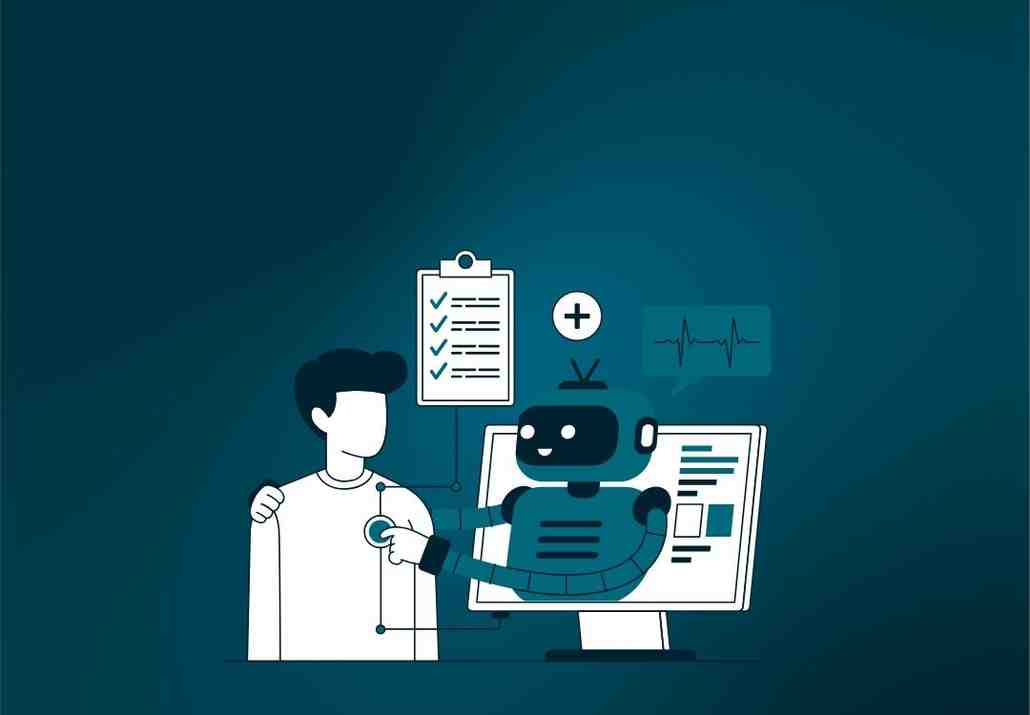Nanotechnology and AI Transforming Targeted Therapeutics in Healthcare

Within the ever-evolving domain of healthcare innovation, the intersection of artificial intelligence (AI) and nanotechnology possesses the capacity to bring about significant changes, specifically regarding targeted therapeutics. The collaboration facilitates accurate molecular interventions, individualized therapeutic strategies, and ongoing surveillance of health indicators, thereby setting the stage for enhanced patient results and quality of life.
The capability of nanotechnology to manipulate matter at the nanoscale presents unparalleled prospects for the accurate administration of drugs. Targeted delivery vehicles, such as nanoparticles, liposomes, micelles, and dendrimers, make it easier for therapeutic agents to get through biological barriers and build up at disease sites. A revolutionary development in medication administration, nanotechnology improves drug efficacy and mitigates adverse effects through the miniaturization of drug delivery systems.
By enhancing diagnostics, treatment planning, and personalized medicine, AI complements nanotechnology. By identifying optimal drug properties and forecasting patient responses using machine learning algorithms to analyze massive datasets, it becomes possible to develop individualized treatment plans that consider genomic profiles and health conditions. The implementation of AI-powered disease prediction and ongoing monitoring systems provides healthcare providers with increased agency to proactively intervene, resulting in earlier disease detection and more efficacious interventions.
The convergence of nanotechnology and artificial intelligence (AI) has extensive ramifications in numerous domains of healthcare.
1. Miniaturized Drug Delivery: The application of nanotechnology permits the molecular-scale engineering of drug delivery systems, which facilitates the accurate localization of therapeutic agents. By optimizing nanoparticle design for targeted delivery and specific drug release profiles, AI algorithms maximize therapeutic effects while minimizing adverse reactions. This synergy, which offers treatment efficacy and precision never seen, revolutionizes drug delivery.
2. The integration of AI and nanotechnology empowers personalized medicine through the customization of treatment plans according to the unique genetic composition and health status of each patient. Nanotechnology enables the delivery of precise medication dosages to be targeted anatomical regions, while AI-powered analysis of patient data informs treatment decisions. By adopting a personalized approach, therapeutic outcomes are improved and the likelihood of adverse reactions is reduced, marking the beginning of a new era in patient-centric care.
3. Continuous monitoring: The integration of nanotechnology and AI enables the creation of miniature diagnostic instruments that facilitate ongoing health monitoring. To analyze biomarkers and bodily changes in real time, nano sensors transmit data to AI systems. Constant monitoring facilitates the expeditious identification of illnesses, prompt intervention, and proactive control of health conditions, ultimately leading to enhanced patient outcomes and quality of life. The integration of AI and nanotechnology signifies a fundamental change in the fields of healthcare manufacturing and medicine.
A Thorough Guide to Navigating the Landscape of AI Patents in India
Commencing the process of patenting an innovation in artificial intelligence (AI) in India is comparable to embarking on an exhilarating voyage. Owing to an upsurge in patent applications and the country's emergence as a hub for AI innovation, the environment is replete with opportunities for exceptional individuals to establish themselves.
Here are a few examples of Indian startups that are actively involved in filing patents in the field of AI and nanotechnology in healthcare:
- Nanobiosys Technologies Pvt. Ltd.: This startup focuses on developing nanotechnology-based solutions for biomedical applications, including drug delivery systems and diagnostic tools. They are known for their innovative approach to targeted therapeutics and have filed several patents in this domain.
- Niramai Health Analytix: Niramai is a healthcare startup that leverages AI and thermography for the early detection of breast cancer. They have developed a non-invasive, radiation-free breast cancer screening solution that uses thermal imaging and machine learning algorithms. Niramai has filed patents for their technology and continues to innovate in the field of AI-driven diagnostics.
- Cyclops Medtech Pvt. Ltd.: Cyclops is a medical technology startup that specializes in developing AI-based solutions for ophthalmology. They have created innovative diagnostic devices for conditions such as glaucoma and diabetic retinopathy, integrating AI algorithms for early detection and monitoring. Cyclops has filed patents for their proprietary technology and continues to expand their portfolio in the field of AI-driven healthcare.
- Nanoclean Global Pvt. Ltd.: Nanoclean is a startup that focuses on developing nanotechnology-based solutions for air and surface disinfection. Their flagship product, NasoFilter, is a nanofiber-based nasal filter that offers protection against air pollution and airborne pathogens. Nanoclean has filed patents for their nanotechnology platform and continues to explore applications in healthcare and environmental hygiene.
- Predible Health: Predible Health is a healthcare startup that specializes in AI-driven medical imaging solutions. They have developed advanced algorithms for analyzing medical images, particularly in the fields of radiology and oncology. Predible Health has filed patents for their image analysis technology and is actively collaborating with healthcare providers to improve diagnostic accuracy and patient outcomes.
These startups represent just a few examples of the vibrant ecosystem of innovation in India's healthcare sector, where AI and nanotechnology are driving transformative change. Their efforts in filing patents demonstrate a commitment to protecting their intellectual property and advancing the frontier of healthcare technology.